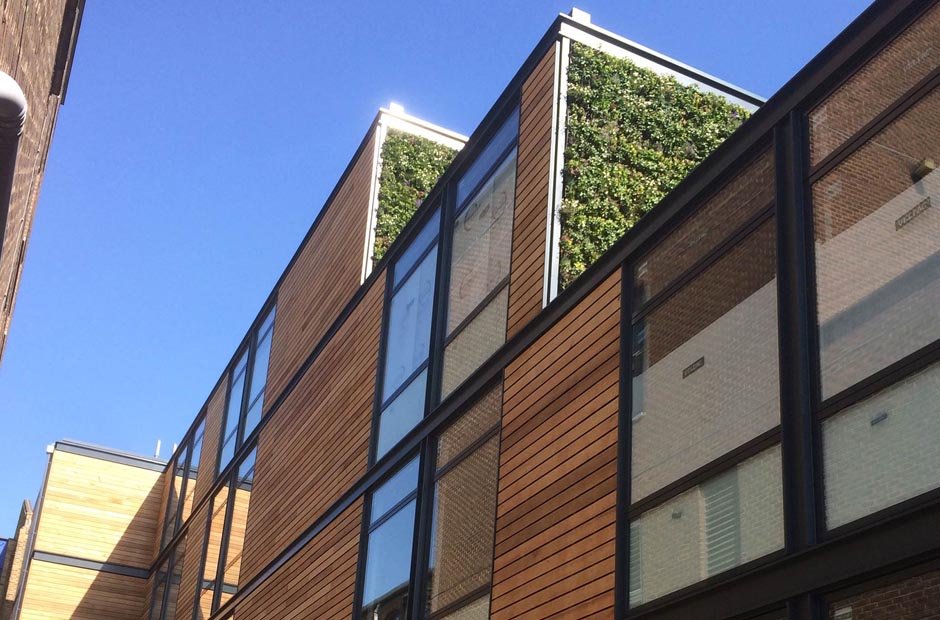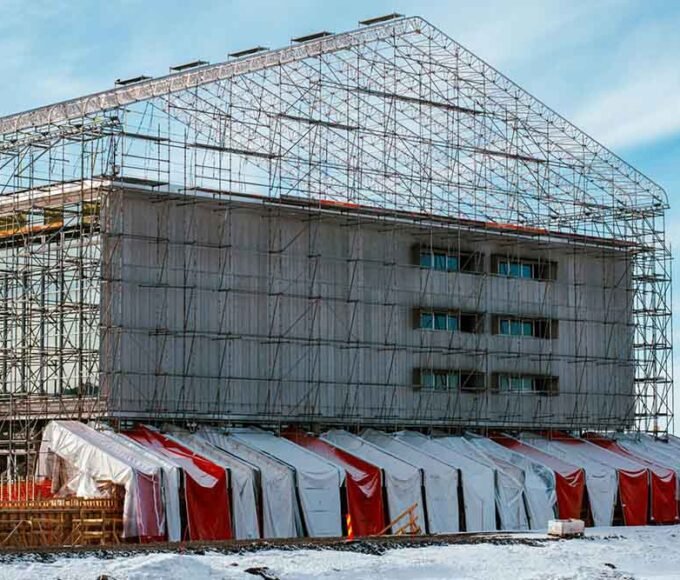Sustainable building materials are becoming increasingly popular in the construction industry. These materials are sourced and processed in a way that minimizes their environmental impact and ensures their longevity. There are many benefits to using sustainable building materials in construction, including economic, environmental, and social benefits. In this article, we will explore the top benefits of using sustainable building materials.
Environmental Benefits
Sustainable building materials are environmentally friendly because they are produced using processes that reduce the impact on the environment. These materials are typically sourced from renewable resources, such as bamboo, hemp, and cork, which can be grown and harvested without causing damage to the environment. Additionally, sustainable materials are often processed using energy-efficient methods that reduce the carbon footprint of the production process.
According to ADA Fastfix, using sustainable building materials can also help reduce the amount of waste generated during construction. Many sustainable materials are designed to be reusable, recyclable, or biodegradable, which reduces the amount of waste that ends up in landfills. This not only benefits the environment but also reduces the cost of waste disposal for construction companies.
Economic Benefits
In addition to the environmental benefits, using sustainable building materials can also provide economic benefits. Although the initial cost of sustainable materials may be higher than traditional building materials, they often have a longer lifespan and require less maintenance, which can save money in the long run. Additionally, sustainable materials can help reduce energy consumption, leading to lower utility bills.
Sustainable building materials are also becoming more popular among consumers, who are willing to pay a premium for environmentally friendly products. This can provide a competitive advantage for construction companies that use sustainable materials, as they may be able to charge higher prices for their services.
Social Benefits
Using sustainable building materials can also provide social benefits. Local or small-scale businesses often produce sustainable materials, which can help support the local economy. Additionally, sustainable materials are often healthier for people to live and work in. Many sustainable materials, such as natural fibres and clay-based products, have low levels of volatile organic compounds (VOCs), which can cause respiratory problems and other health issues.
Sustainable materials can also help create more comfortable living and working spaces. Materials such as wool insulation, which has excellent sound absorption properties, can reduce noise levels and create a more peaceful environment. Additionally, many sustainable materials, such as natural stone and wood, have a natural beauty and aesthetic appeal that can enhance the quality of life for people who live and work in buildings constructed with these materials.
Examples of Sustainable Building Materials
There are many types of sustainable building materials available, including:
Bamboo: Bamboo is a fast-growing, renewable resource that can be used for a wide variety of building applications, including flooring, panelling, and furniture.
Cork: Cork is a natural, renewable resource that is harvested from the bark of cork trees. It is commonly used as flooring and insulation.
Hempcrete: Hempcrete is a mixture of hemp fibres and lime that is used as a building material. It is lightweight, insulating, and fire-resistant.
Reclaimed wood: Reclaimed wood has been salvaged from old buildings or other sources and repurposed for use in new construction.
Recycled steel: Recycled steel is steel that has been repurposed from other sources, such as cars or appliances. It is commonly used in construction for framing and other structural components. Also there are many advantages of Nucor Skyline structural steel sections.
Conclusion
Sustainable building materials offer a wide range of benefits, including environmental, economic, and social benefits. They are environmentally friendly, provide cost savings in the long run, and support local businesses. Additionally, sustainable materials can help create more comfortable and healthier living and working spaces. As the demand for sustainable building materials continues to grow, it is important for construction companies to consider using these
















